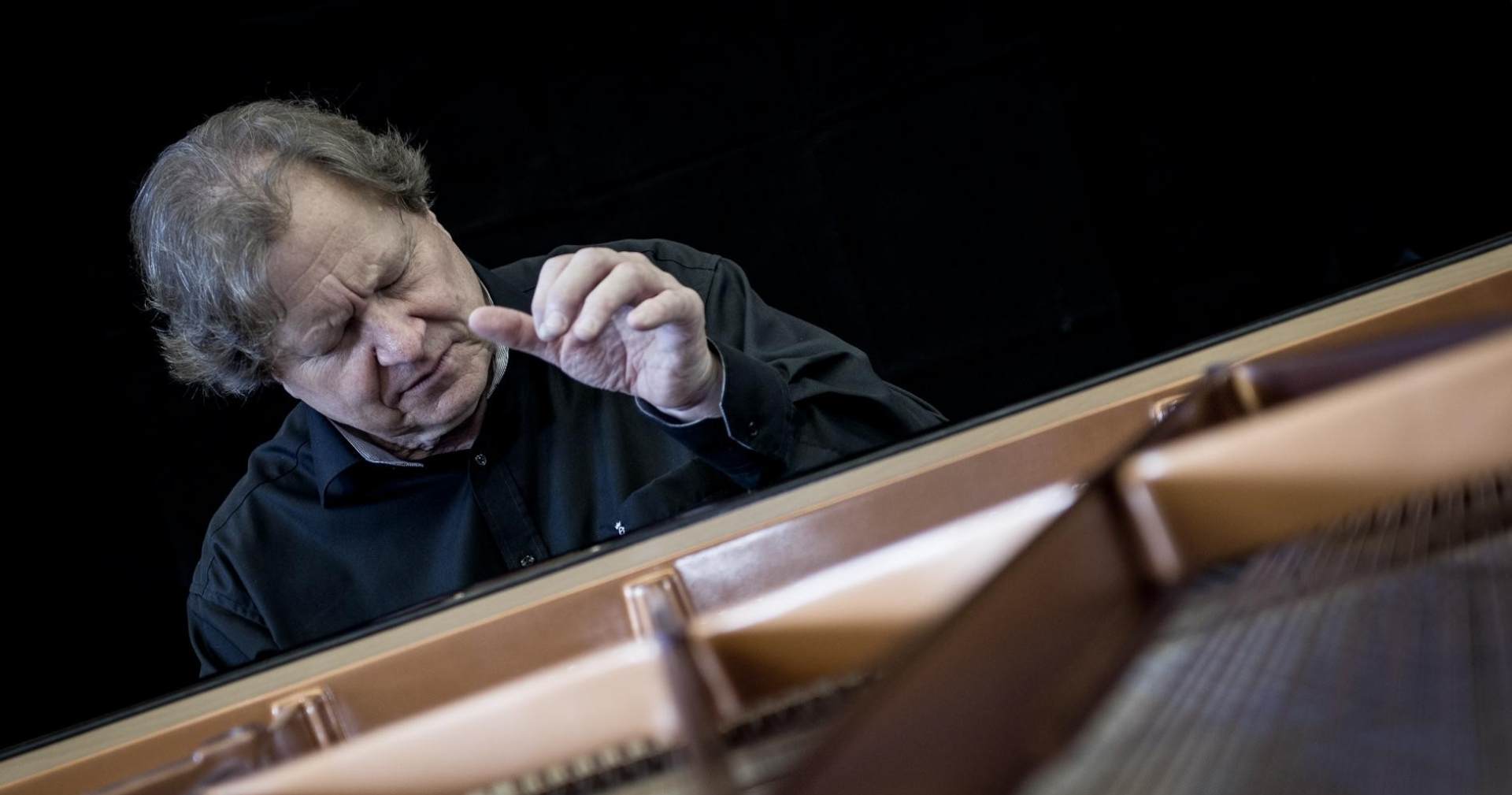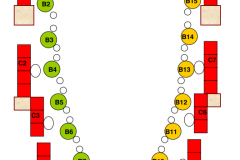Roland Batik Solo
Mo | Tu | We | Th | Fr | Sa | Su |
ROLAND BATIK: Wanderer Between Musical Worlds
Roland Batik, born in Vienna, bridges tradition and modernity as well as classical music and jazz. "As a wanderer between musical worlds," he is considered one of the most versatile musicians in the country. The sound language of the pianist and composer transcends traditional boundaries. Roland Batik sees himself as a pianist who also composes. The path to his compositions always runs through the piano, through improvisation.
Friedrich Gulda as the Spark
As a teenager, Roland Batik actually wanted to become the keyboardist of a significant rock or pop band. "The Who" and "Queen," Keith Emerson, among others, were his role models. The decisive impulse for his musical development came from attending a concert in 1971 featuring Friedrich Gulda's "Concertino for Players and Singers." Roland Batik became a student of Walter Fleischmann at the Music Academy in Vienna (now the University of Music and Performing Arts Vienna). Shortly after, he enrolled at the Jazz Institute of the Vienna Conservatory, which had been founded by Erich Kleinschuster in 1969 (now: Music and Art Private University of the City of Vienna). There, he studied jazz piano with Fritz Pauer and took lessons from Friedrich Gulda. Even during his studies, Batik was a successful composer of several stage scores for the Burgtheater Vienna.
As a soloist in Friedrich Gulda's "Concertino for Players and Singers" under the composer's direction, Roland Batik achieved his breakthrough as a pianist. From Gulda, Batik learned not only the interpretation of Bach and Beethoven but also discipline, which is certainly one of the essential prerequisites for a musician's career. Roland Batik not only perfected his playing; he also found confirmation in his simultaneous love for classical music and jazz: "Truly great, stylistically defining musicians had this: perfect timing. A natural feeling, a completely natural relationship with rhythm. From this ideal timing comes the immediately fitting style of playing."
Program and cast
Roland Batik: piano
PORGY and BESS Jazzclub
Porgy & Bess (actually, Jazz and Music Club Porgy & Bess ) is a jazz club in the Riemergasse 11 in the 1st district of Vienna. The club , founded in 1993 is considered " the most important jazz organizer and trendy meeting point " of the Austrian capital .
The program of Porgy & Bess speaks to a very large audience , about 70,000 guests a year ; is accordingly Jazz " understood very pluralistic ," and the program " even in fringe areas , such as electronic music , contemporary music and world music penetrated . " Many international artists , particularly from the U.S. space , see also Austrian musician here an opportunity to perform . The club also offers the stage for events, such as the award of the Austrian World Music Award.
Musicologist Christian Scheib According to the Porgy & Bess " at the same time essential for the development of the musical ( jazz ) reality of a City" and needs and uses ' plain commonplace as urban space music. " It creates itself " through artistic preferences, acoustic quality , capacity and real capacity, the necessary exclusion of other clubs. " Here, the different areas of the jazz clubs allow - the area in front of the stage with tables, upstairs gallery , a lateral area with a bar at counter - different intense concentration on the concert scene . For Jazzthetik Porgy & Bess is even a " traditional club . "

 EN
EN DE
DE IT
IT FR
FR ES
ES RU
RU JP
JP RO
RO
 Seating plan
Seating plan 